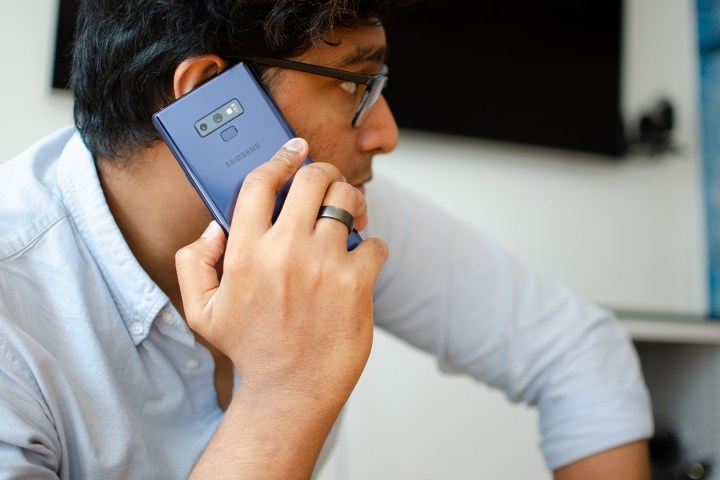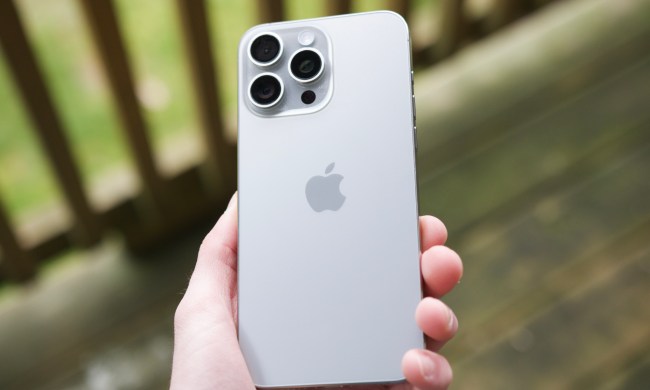Unwanted phone calls have exploded in the last few years, and it’s an annoyance that robs you of your time and attention. One of the most frustrating things is not knowing why you’re getting these calls, or where they’re coming from.
We have all the details you need on what robocalls and spoofing are, and some tips to avoid them if possible.
Attack of the robocalls: A crime of convenience
Robocalls are simply prerecorded messages; they’ve been in use for a long time, for valid reasons. According to the Federal Trade Commission (FTC), robocalls are acceptable for purposes such as “to let you know your flight’s been cancelled, reminders about an appointment, or messages about a delayed school opening.” However, the FTC strictly forbids businesses calling people to “promote the sale of any goods or services.” So why are so many spam and scam calls happening these days?
“Spoofing,” is a process where a caller ensures that their number shows up differently on caller ID.
For starters, it’s become much easier, thanks to technological advances. Telemarketers are no longer bound by landlines; voice over IP (VoIP) services have enabled telemarketers to spit out a deluge of calls, rolling down the list through every number they can find, with little effort or cost.
If you answer one of these calls, a few things could happen. A prerecorded message might play, offering you fabulous prizes like a free vacation, or an attractive service like reducing the interest rates on a credit card, inviting you to press a number and speak to a live operator. They could also take a more sinister approach, impersonating law enforcement and scaring you into paying them. Although these scams may seem ridiculous, they can work
The aggressive nature of the call can make people panic, and often scammers will have information on their target (like a home address) to make the call seem more legitimate. Given that individual scammers can cheaply make hundreds or even thousands of calls a day, they only need relatively few people to bite.
Spoofing: Phone numbers in disguise
One of the strangest things you may have noticed about robocalls is that they come from numbers that look a lot like your own. The area code and even the first three digits might match yours, leading you to think you’re getting a call from someone nearby, like a local business or coworker. Then you answer, only to hear a prerecorded message or human scammer on the other end.
This is called “spoofing,” a process by which a caller ensures that their number shows up differently on caller ID. The technology itself is legal, and has legitimate uses (for instance, if you need to make a business call on a personal phone and want your office number to show up on the other end). However, when it comes to telemarketing, the Federal Communications Commission (FCC) states that companies must use their own phone numbers.
An unfortunate side effect of scammers spoofing phone numbers is that they might use a number currently in use, which can result in some headaches for the owner of that number. If a scammer disguises their number with your own to target someone in your area, that person might call you back, thinking your number is the scammer’s.
What can you do to protect yourself?
Although agencies like the FTC and FCC are cracking down on scammers, the wave is only going to swell. According to a report by First Orion, scam calls rose “from 3.7 percent of total calls in 2017 to 29.2% in 2018 — and that number is projected to reach 44.6 percent by early 2019.”
The best thing to do is to simply avoid answering calls from unknown numbers.
There isn’t much you can do to stop scam calls, unfortunately. You can put your number on the FTC’s Do Not Call Registry, which ostensibly prevents telemarketers from calling, but only legitimate businesses are going to respect it.
Scammers are already breaking the law, and many of them are based outside the U.S. anyway, so they probably don’t care about the penalties for violating the Do Not Call list.
Blocking numbers isn’t always effective, as scammers switch phone numbers frequently. The best thing to do is to simply avoid answering calls from unknown numbers, especially if the number is suspiciously similar to your own.

If you do answer a call from a scammer, do not give up any personal information, even if they already seem to know a lot about you. Remember that if a government or law enforcement agency needs to contact you, they’ll send you notice in writing, or show up at your door.
Lastly, while it may seem fun to answer and mess with the scammer on the other end — there are a few videos on YouTube of people doing this — it can cause more problems than it’s worth. For one thing, merely by answering, you’re letting the caller know that your number belongs to someone who is willing to answer, which could lead to more calls down the line
Even worse, there are scams in which the caller tries to get victims to answer questions, recording their voice when they answer. The scammer then uses the victim’s voice signature to “to pretend to be the consumer and authorize fraudulent charges via telephone.” The best way to avoid getting scammed is not to talk to the scammers at all.


